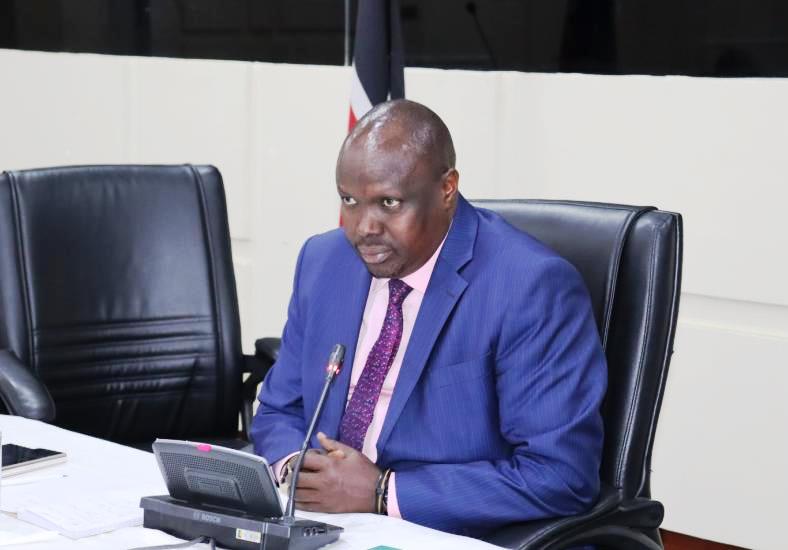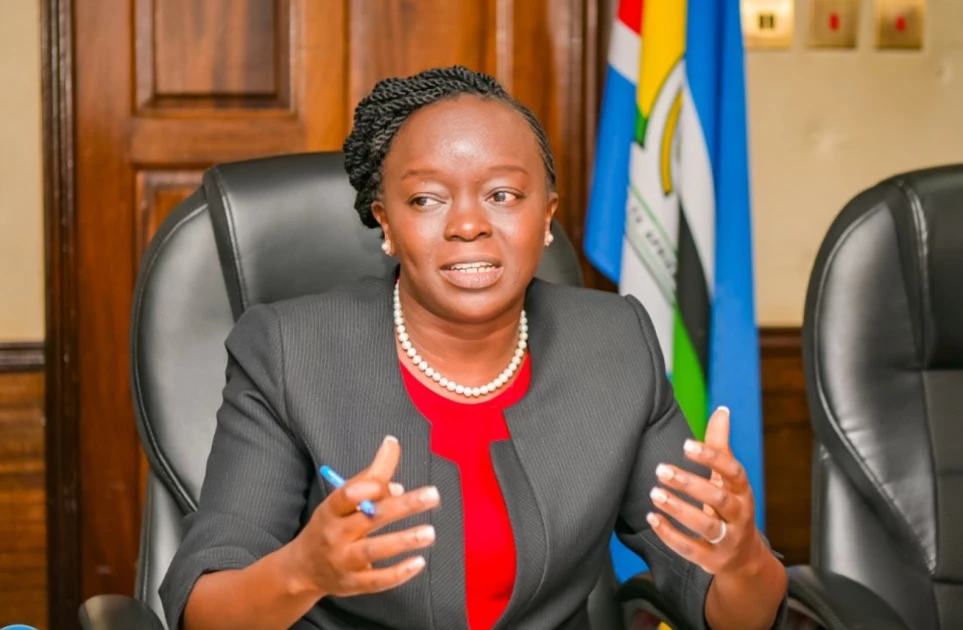By TWV Political Desk
The decision by the Kenyan government to divert KSh7 from the Fuel Levy Fund (levied per litre of fuel sold) to settle pending bills is not grounded in any existing law, The Weekly Vision can authoritatively report. The Kenya Roads Board (Additional Funding) Regulations, 2025, which, once enacted, would provide legal authority for the relevant Cabinet Secretary or state agency to redirect a portion of the levy for non-road development purposes, remains at the public participation stage.
To unlock the full article:
Choose one of the options below:
- Ksh 10 – This article only
- Ksh 300 – Monthly subscription
- Ksh 2340 – Yearly subscription (10% off)
Despite this, Roads Cabinet Secretary Davis Chirchir, his Treasury counterpart John Mbadi, and Energy CS Opiyo Wandayi have vigorously defended the decision. The critical question, however, remains: under what legal framework was this action executed?
To begin with, a fuel levy, officially known as the Road Maintenance Levy Fund (RMLF), is a tax imposed on the sale of fuel, principally petrol and diesel, to finance road maintenance and development. This levy is included in the pump price and is collected by the Kenya Roads Board (KRB), which administers the fund.
KRB distributes the revenue to several agencies: the Kenya National Highways Authority (KeNHA), Kenya Rural Roads Authority (KeRRA), Kenya Urban Roads Authority (KURA), and the Kenya Wildlife Service (KWS).
Kiharu MP Ndindi Nyoro was the first to publicly question the matter, revealing that the government had used KSh7 from each litre of the fuel levy as collateral for what he termed an “illegal debt”, a financial obligation that, according to him, “does not appear anywhere in the government’s loan books.”
Just a week ago, the Energy and Petroleum Regulatory Authority (EPRA) raised pump prices, with super petrol increasing by KSh8.99 per litre, diesel by KSh8.67, and kerosene by KSh9.65.
Appearing before the Senate Committee on Energy, CS Chirchir confirmed that the government had authorised the sale of rights to KSh7 out of the existing KSh25-per-litre fuel levy to a Special Purpose Vehicle (SPV). This arrangement enables the SPV to raise funds from investors using future levy revenues as collateral, a financial model known as “securitisation”, to secure KSh175 billion in immediate funding.
This securitisation process, however, precedes the formalisation of the regulatory framework intended to govern such actions. The draft Kenya Roads Board (Additional Funding) Regulations, 2025, currently before the National Assembly, stipulate that “the amount withdrawn shall not exceed the allocation set by the Board and must also cover any costs, fees, or insurance incurred in securing the extra funding.”
The regulations further provide that “the Board shall procure the services of an advisor to assist in securing additional funds, in accordance with the Public Procurement and Asset Disposal Act.”
Eligible advisors, according to the draft, include the Central Bank of Kenya (CBK), CBK-licensed commercial banks, and securities market intermediaries licensed by the Capital Markets Authority (CMA). Other potential advisors include multilateral lenders and regional or international financial institutions in which Kenya holds membership, or any other provider approved by the National Treasury.
Defending the controversial move, CS Mbadi stated: “It is the only viable option to restart stalled infrastructure projects.” He explained that the funds would be used to pay contractors who had not been paid during President Uhuru Kenyatta’s administration, leading to stalled roadworks.
“We were operating within a constrained fiscal space, and all contractors working on major roads had downed their tools,” he added. “We had two options, continue misapplying the additional seven shillings by spreading marram on roads, or use it to get contractors back to work. We chose the latter.”
Both Chirchir and Mbadi argue that securitisation is crucial for the cash-strapped Kenya Kwanza administration, enabling it to bypass conventional debt markets by pledging future revenue streams.
This model of infrastructure financing was first floated in 2024 by then Roads CS Kipchumba Murkomen. Around the same time, the fuel levy was increased from KSh18 to KSh25 per litre, following guidance from the Kenya Roads Board.
The Ministry of Roads has since developed a five-year Road Sector Investment Programme (RSIP), which prioritises road development based on socio-economic criteria for the 2024–2028 period. According to the KRB, the country currently faces a KSh727 billion road maintenance backlog, primarily caused by years of neglect and delayed repairs.
The Weekly Vision contacted the Chair of the Public Investments Committee (PIC) on Commercial Affairs and Energy, Hon. David Pkosing, for his opinion on the legality of deducting KSh7 from the Fuel Levy Fund to settle pending bills. However, he declined to comment.
[/full]




